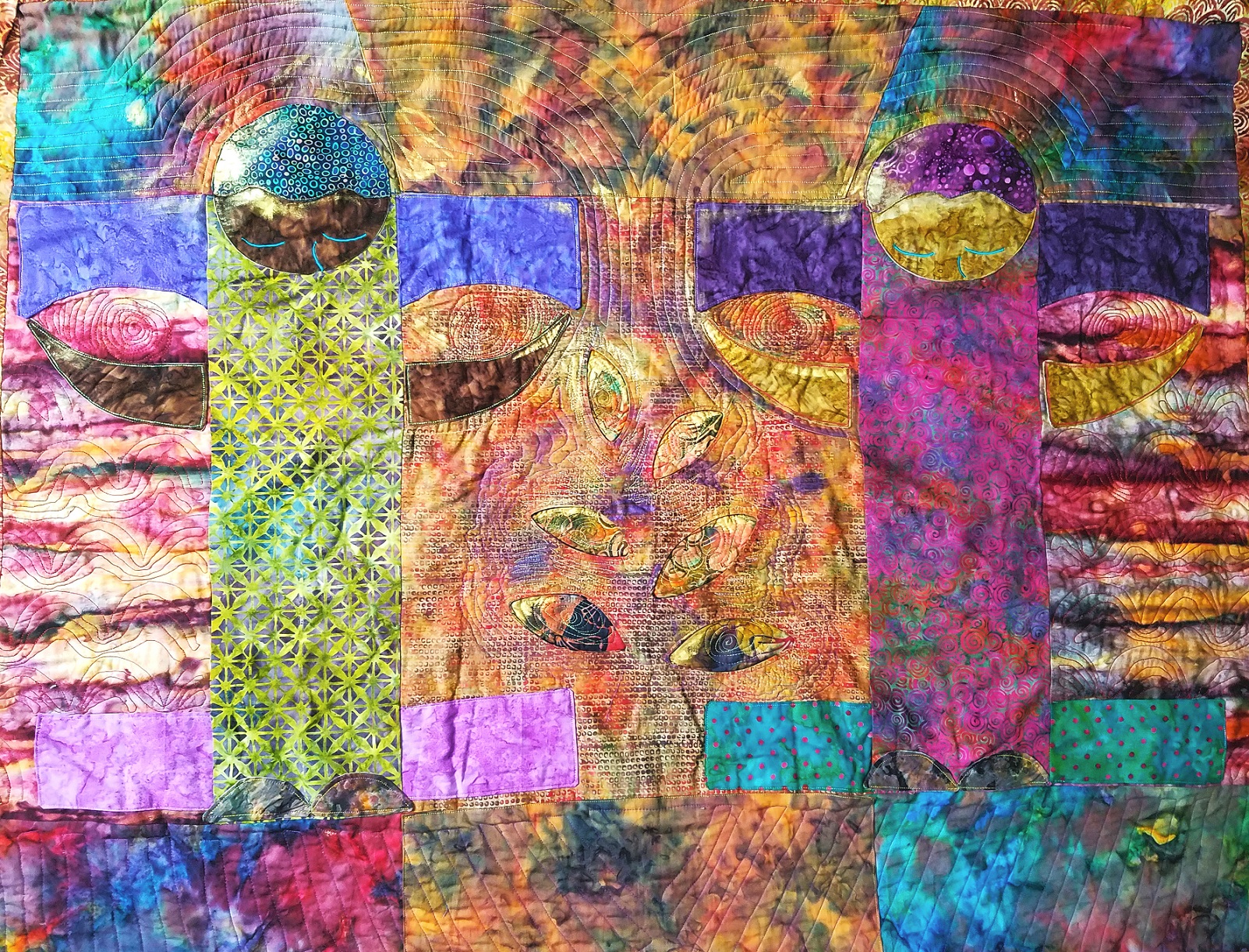
This issue of e*lix*ir is about seeing — deep seeing. It invites those of us who make art and those of us who appreciate that art to look, long and hard — into the past, into the future, into the present moment. It invites us to bear witness to the joyous unfolding and well as the tragic destruction of our ever-luminous, ever-diminishing natural world — the creation, God’s creation. In The Kitáb-i-Íqán, Bahá’u’lláh makes this remarkable assertion: “...whatever is in the heavens and whatever is on the earth is a direct evidence of the revelation within it of the attributes and names of God....” To reflect on this truth is to engage in the kind of deep seeing that leads to awe, but also to wonder at humanity’s failure to honor the infinitely complex, ever so fragile web of relationships — those glorious systems — that sustain life on earth.
The kind of deep seeing we need now, in this time, is not the product of individual vision, as uplifting as that can be. I think of those works of art that have made me laugh and weep, hope and grasp that which I could not have grasped had I not come under their powerful sway. But in this time of disequilibrium, when the creation ‘talks back’ to us in the powerful language of tsunamis and hurricanes, tornadoes and mega-fires, drought and glacial melting, unprecedented summer heatwaves and winter weather whiplash, I think of those works and I say, “Not now.”
Now is the time for the binding together of diverse artistic visions and voices, for sewing together the many colors of hope to make quilts as rich and intricate as those created by fabric artist Helen Butler, whose work is featured in the art section of this issue. Let us take up the invitation Butler’s quilts extend to engage in new kind of seeing, the kind that looks beyond the color of the skin, deep into the soul. As ‘Abdu’l-Bahá wrote to an African-American friend: “Thou art like unto the pupil of the eye which is dark in color, yet it is the fount of light and the revealer of the contingent world.” Eyes are everywhere in Butler’s art; and sometimes we have to look hard to find them and even harder to see the images reflected in the pupils of those eyes — in the case of one of Butler’s quilts, the face of Nelson Mandela.
In an effort to work collectively, this past spring a group of poets previously published in the journal, banded together to form the e*lix*ir poetry collective. The collective met monthly to produce and refine the poems that appear in the poetry section of this issue. In “The Writing Life” column, James Andrews, a member of the collective, gives his account of what happened during those monthly meetings.
In this time of world-encircling crises, the collective turned to the beauty and wisdom of the natural world for inspiration. In his poems, James Andrews walks through the Vetana wilderness “carrying the wisdom of flowing waters” and Harriet Fishman learns from the trees “the wisdom of sharing food and water.” I enter the transcendent space of a garden that is “a green oasis of salvation.” Andreana Lefton hikes the Tennessee hills and strives to master “the skill of wise women/ who know that fire, water, earth, and air/ arise from spirit and return there.” Imelda Maguire roams the Irish countryside becoming “a discoverer of plants/ rare and strange,” while YoungIn Doe traverses desert sands alongside camels who bear only the weight of the weightless moon on their backs.
“Remembered Music,” a translation by Shahin Mowzoon of a Rumi poem, rounds out the poetry section with its celebration of an ancient melody, the music of spheres: “the call of the heavens that creation sings/ With all its voices and rhythms and hymns.”
The two Personal Reflections Pieces — “A Finely Tempered Sword” and “Knowing God through His Creation” — were written by Bahá’í youth who live in Iran, Melika Rezvani and Nava Eslami. Not only are these two pieces insightful, moving, and well-written, they serve to remind us of the steadfast faith evinced by the courageous Iranian believers in the face of ongoing persecution. In the fifth installment of “Ruhi & Riaz,” Eira draws attention to a fresh danger faced by Bahá’ís living in Iran: confinement in a COVID-invested prison.
In the “Voices of Iran” section, we feature two inspiring essays about ancestors who have celebrated life and triumphed over adversity: “An Army of Two Hundred Men” by Ighan Yetka Agdasi and “The Goddess” by Saba Sobhanian. Courage abounds in the lives of those who have gone before us, ancestors who live on in our minds and hearts through their stories.
In “Looking Back on Books,” I take a look at love and loss as explored in Rooms Are Never Finished, a moving collection of poems by Agha Shahid Ali that weaves together private and public grief: the loss of a mother and the loss of a homeland to political strife.
The photos of Bev Rennie once again grace the pages of e*lix*ir. And if you notice that the journal has a new look, you can thank Andrew Lefton who shared his expertise in web design with our webmaster, JM Kafes, who then engaged in — or so it seemed to me — endless experimentation. Without JM’s vision and his sheer tenacity, without his technical know-how and his steadfast commitment to improving and sustaining the journal, none of what you see before you when you click on the e*lix*ir link would appear.
Let me end with the same invitation I issue in “Love in a Time of Distances,” which appears in the essay section of this issue: let our art be a holy gesture, a prayerful celebration of the beauty of our solidarity and the power of our resilience. Let it be a loving correspondence with the world, one we write together without expectation of acknowledgement, but for love’s sake. Let that letter grow until, even in this time of absences — death, distances, separation — it fills the world with its presence.
— SLH
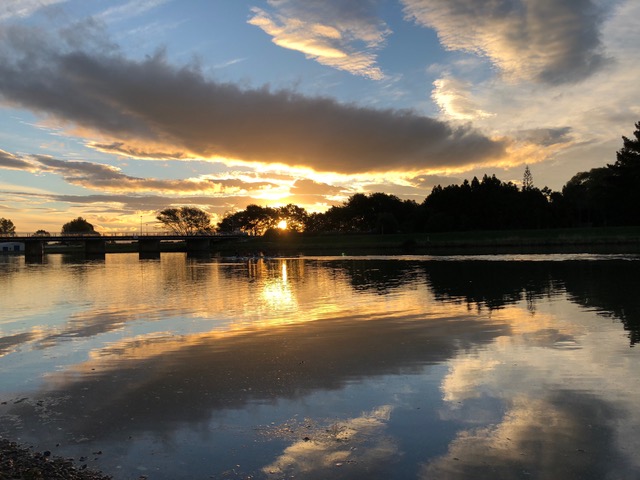 Bev Rennie
Bev Rennie
by Sandra Lynn Hutchison
I stand apart, six feet apart from anyone who passes me on the river path — in March, when purple crocuses shoot up out of thawing earth, in summer when the blackberry bushes hang heavy with fruit, in autumn when the yellow canopies of the ash trees set the still waters ablaze. Spring, summer, and autumn pass, but the long season of separation does not end. Distances endure. Not just for me but for the world; in this time of separation, of withdrawal, I strive to understand the value — yes, even the gift — of distances.
... (continued)
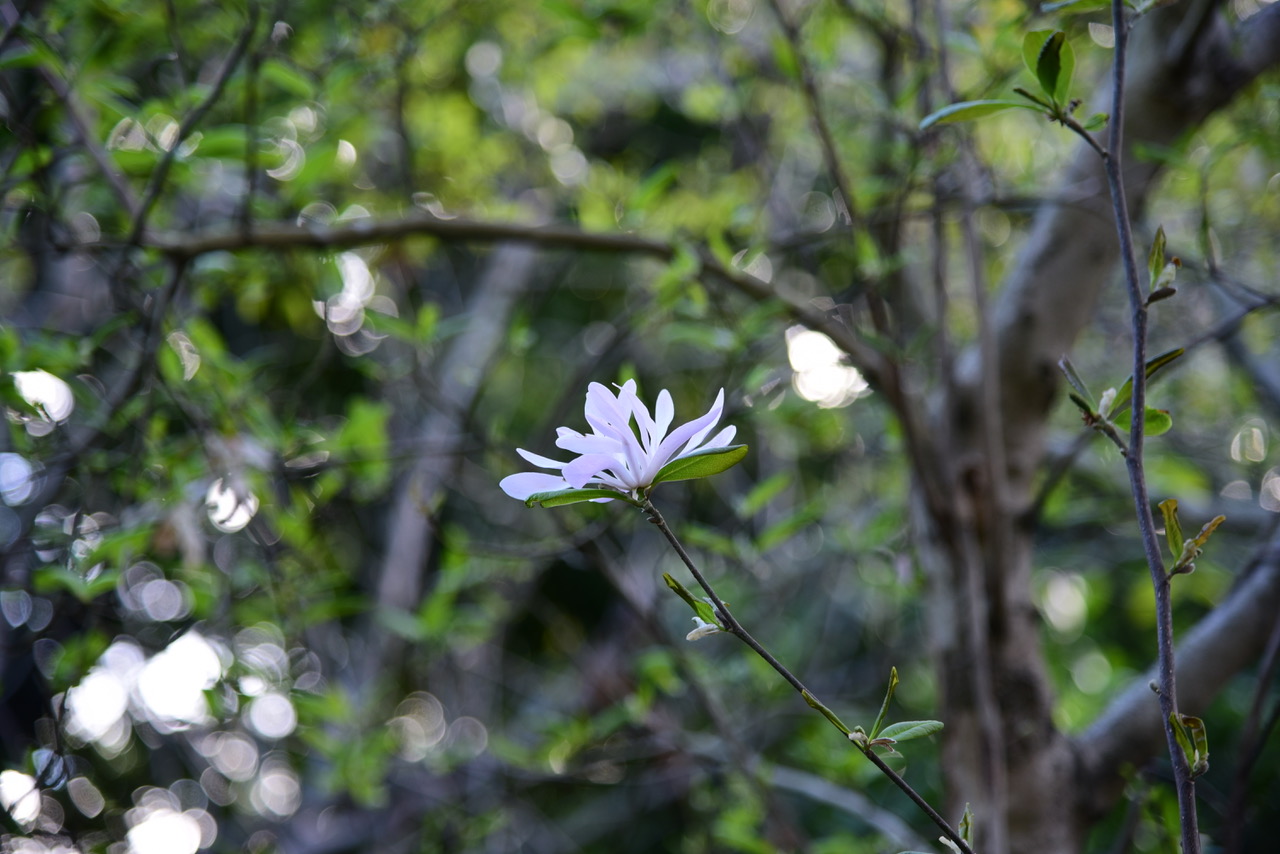 Bev Rennie
Bev Rennie
by Harriet Fishman
We can learn a lot from trees —
the way they converse,
send each other nutrients
carbon and water along
latticed-fungi networks,
underground masses
of hyphae connecting
one root system to another
delivering what is needed.
... (continued)
 Bev Rennie
Bev Rennie
by James Andrews
Following a trail at Point Lobos
I come upon it
suddenly
a living flame of red amidst the coastal shrub,
solitary
... (continued)
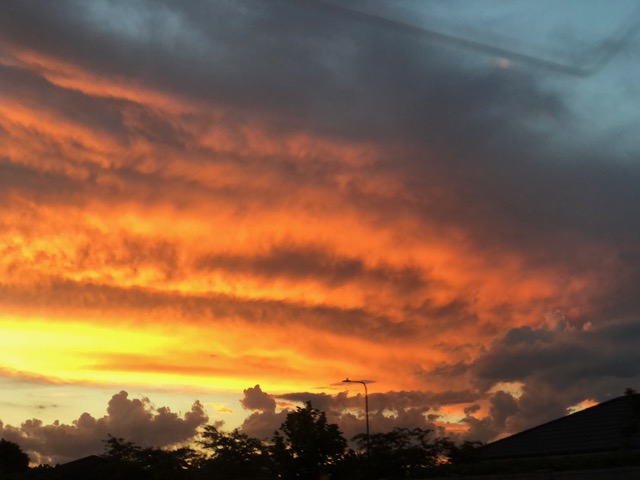 Bev Rennie
Bev Rennie
by Ighan Aghdasi Yekta
Before the revolution, in the time of Mohammad Reza Shah Pahlavi, there were so many mullahs in Iran that the shah was unable to quell the torrent of their fury towards the Bahá’ís. During that time an aggressive and evil ayatollah, a man named Falsafi, unleashed his rage, and, like a wild dog, he took every chance to bite his enemies. In his speeches on the radio, he called upon all Muslims to crush the Bahá’ís, and so it was that many fanatical people attacked Bahá’í families, stole their property, and did everything they could to wreak chaos and inflict misery upon them.
There was one person, however,...
... (continued)
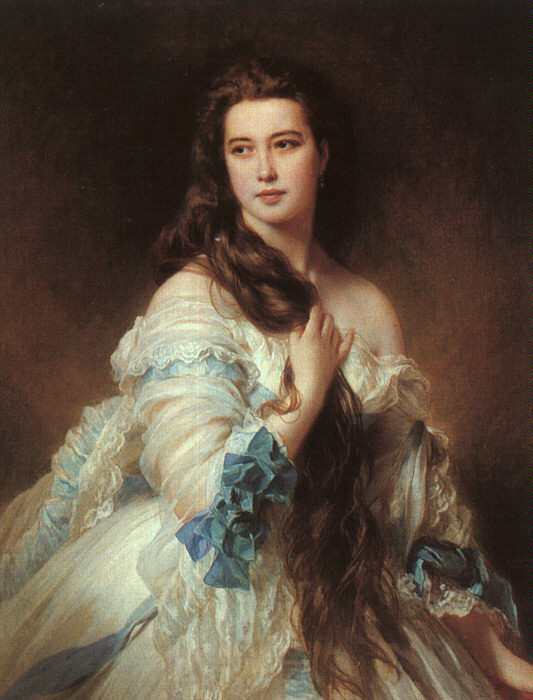 Portrait of Madame Barbe de Rimsky-Korsakov
Portrait of Madame Barbe de Rimsky-Korsakov
by Franz Xaver Winterhalter
by Saba Sobhanian
When you enter my grandparents’ house in the Shademan neighborhood in the west of Tehran, the first thing you see are Persian carpets of all sizes hanging on the wall. These colorful carpets belong to my grandfather who used to sell Persian carpets for a living. Over the years, he bought some of the most beautiful ones to keep for himself, so he could hang them and admire them, but also because they reminded him of his childhood in Isfahan, the birthplace of the Persian carpet. Because he spent so much of his time at the Grand Bazaar of Carpets, my grandfather learned a great deal about the materials and motifs of Persian carpets and grew up to be an expert on them.
... (continued)
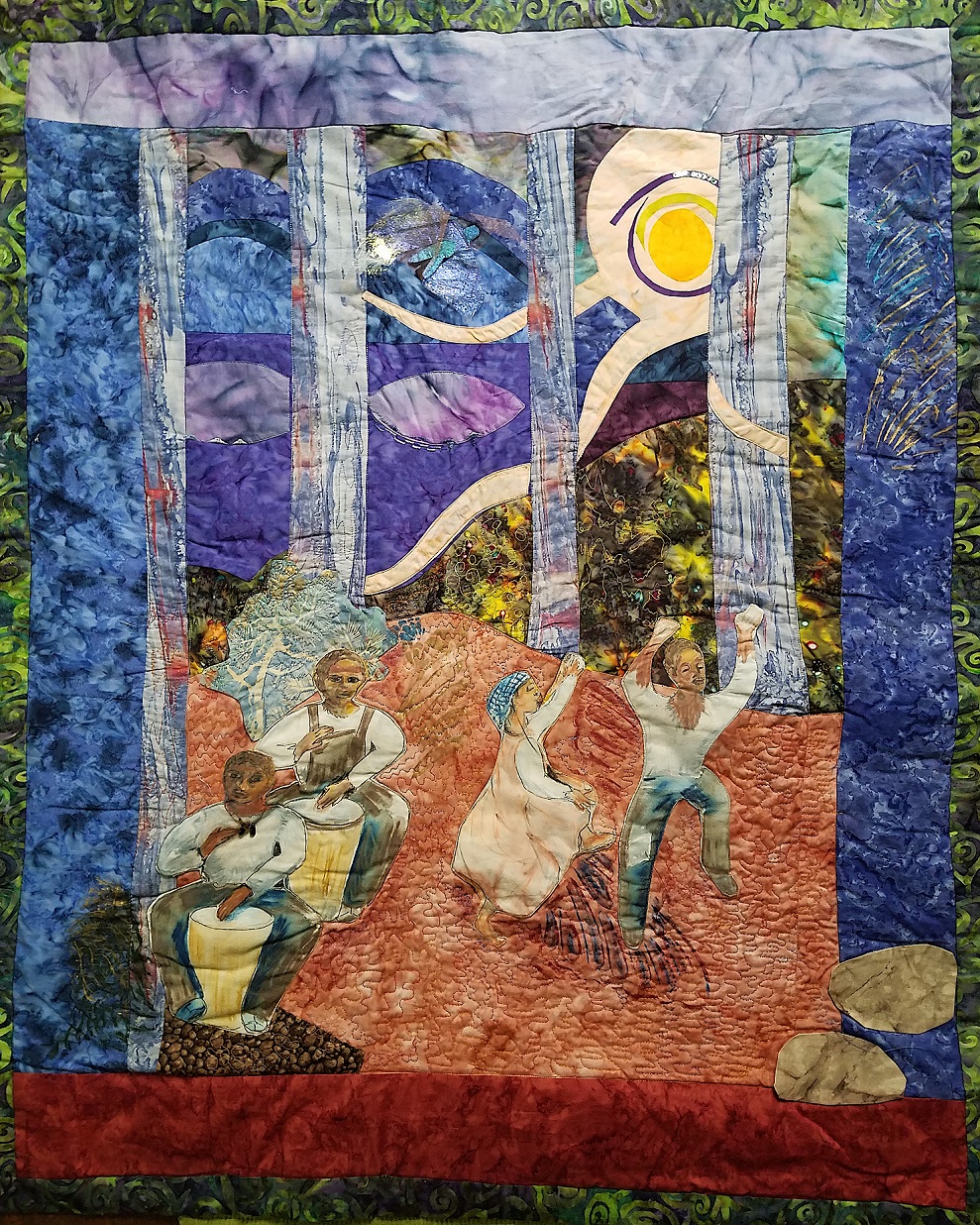 O Daedalus
O Daedalus
by Helen Butler
... (continued)
by Eira
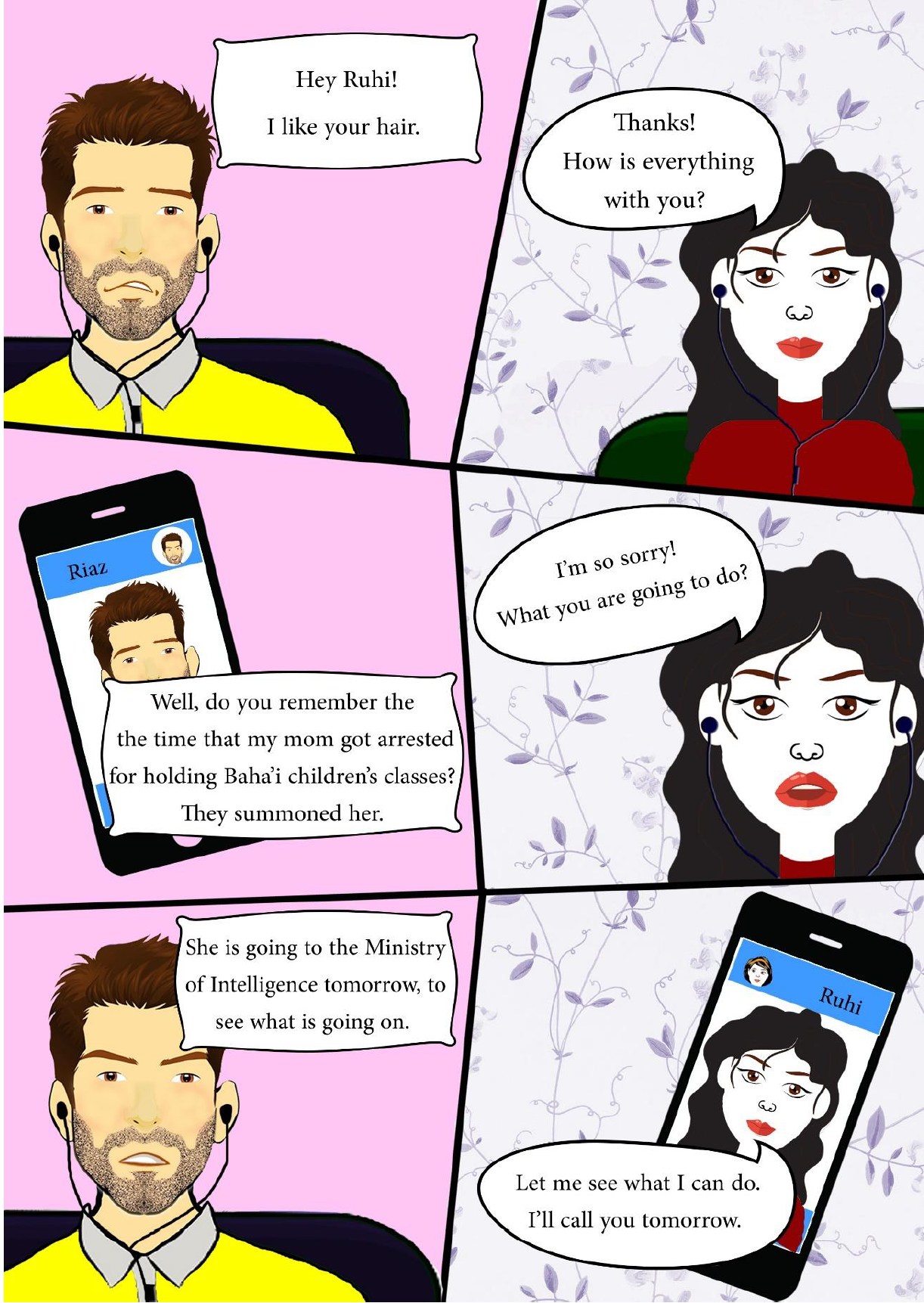
... (continued)
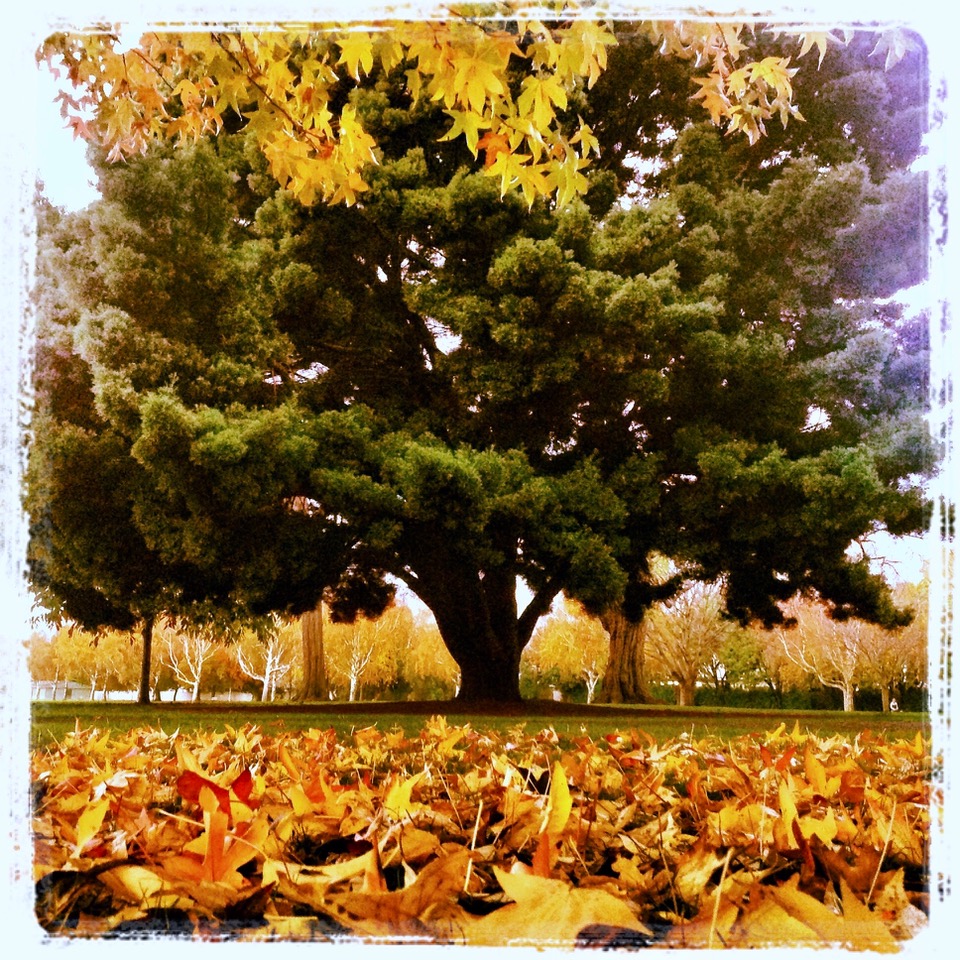 Bev Rennie
Bev Rennie
by AE Lefton
Before I leave, let me linger
in these mountains,
worn down as ground teeth.
Let me knit myself to these forests,
green lakes swollen with ice melt —
earth’s fevered sweat and tears.
... (continued)
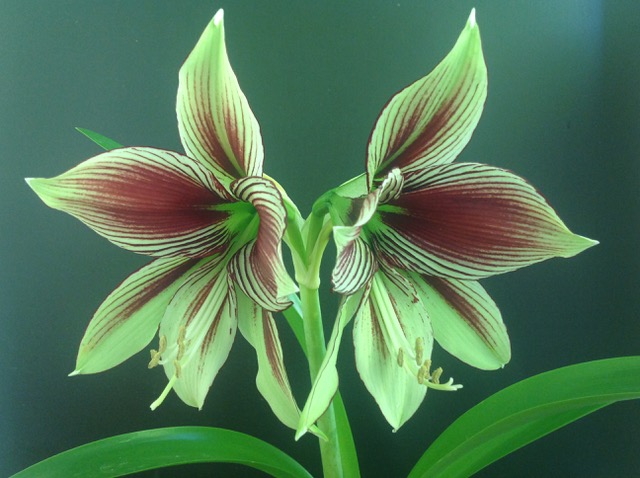 Bev Rennie
Bev Rennie
by Sandra Lynn Hutchison
Long before we were made
the earth spilled over with names —
a wave of yearning gestures
to remember love.
... (continued)
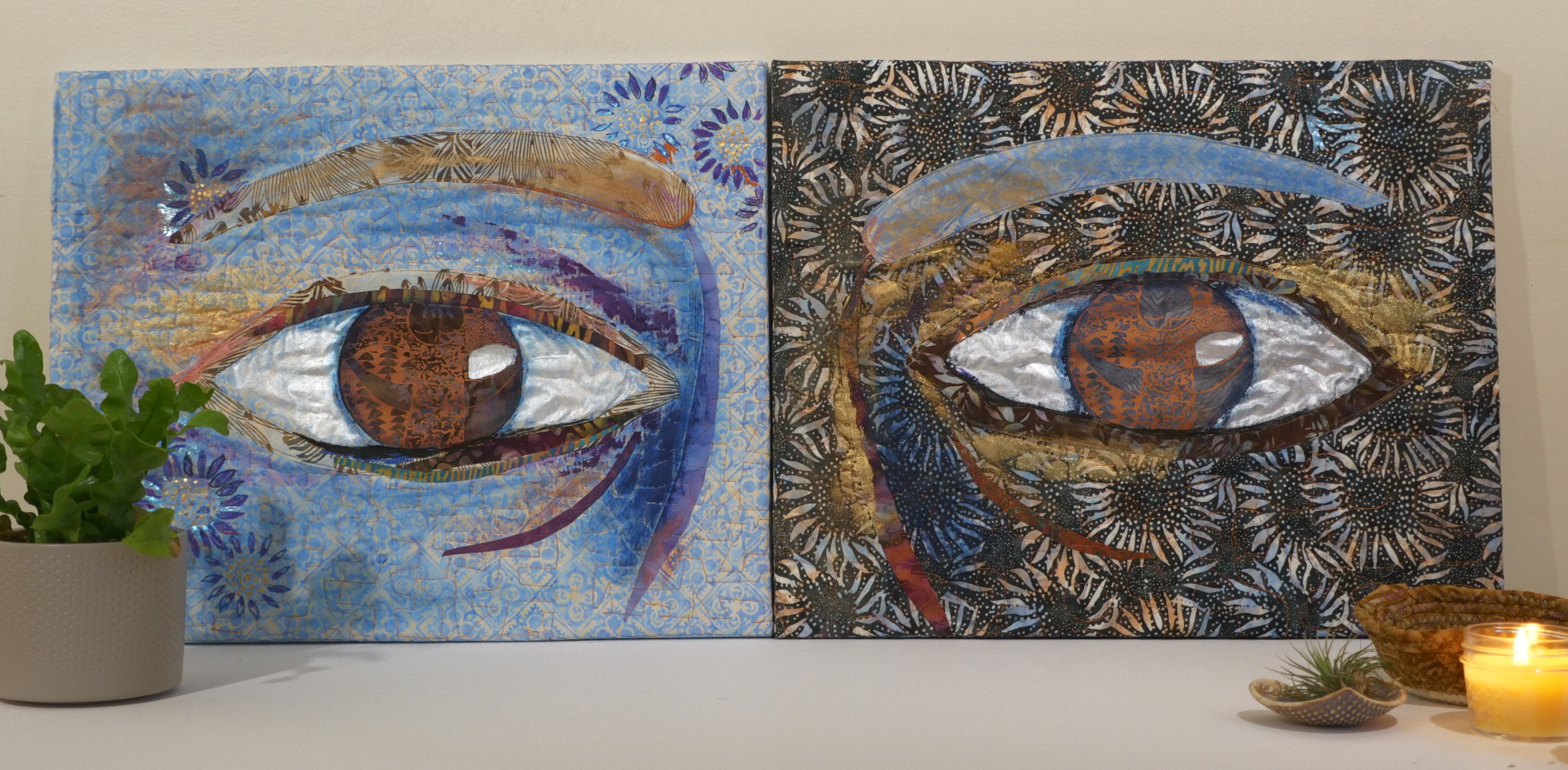 Helen Butler
Helen Butler
by Melika Rezvani
...In the first sentence of this Hidden Word, Bahá’u’lláh asserts the following: “Thou art even as a finely tempered sword concealed in the darkness of its sheath and its value hidden from the artificer’s knowledge.”...
... (continued)
 Bev Rennie
Bev Rennie
by Nava Eslami
...Bahá’u’lláh writes: “...whatever is in the heavens and whatever is on the earth is a direct evidence of the revelation within it of the attributes and names of God.” Here, Bahá’u’lláh explains that all created things have the capacity to reflect God’s attributes. I thought about the sea, which is my favorite part of the natural world. The sea is infinite, and, in this way, it can serve to remind human beings of a God who knows no restrictions of space. Then I thought about the sun that shines on all alike. Like the sun, God extends His grace, favor, and kindness to each person. Stars light up the night, and this is exactly what God does when His creatures pass through the darkness of difficulties. After reflecting on this passage, I concluded that everyone, if they look carefully, can find the signs of God in His remarkable creation.
In the next part of the passage, Bahá’u’lláh develops this theme: “...within every atom are enshrined signs that bear eloquent testimony to the revelation of that Most Great Light.”...
... (continued)
 Helen Butler
Helen Butler
by James Andrews
Several poets whose work appeared in past issues of e*lix*ir were invited by the editor of the journal to form a poetry collective to generate work for the current issue of the journal. Beginning in March, six of us met remotely on the second Saturday of each month. We gathered from east and west, across transcontinental and transoceanic time zones. The collective included YoungIn Doe (South Korea), Harriett Fishman (New York), Andreana Lefton (Tennessee), Imelda Maguire (Ireland), myself (California), and Sandra Lynn Hutchison, who convened the meeting from her home in Maine. Each month we would read new work and receive feedback on it.
As a result of our careful readings of each other’s work, we got to know one another surprisingly well over the course of only a few months. We even had a chance to celebrate the marriage of one of our members and a new home for another! Reading one another’s poetry was a marvelous way to become acquainted, and, in the process, we had many probing conversations about the purpose of language, its power and beauty.
We began our artistic explorations by discussing...
... (continued)
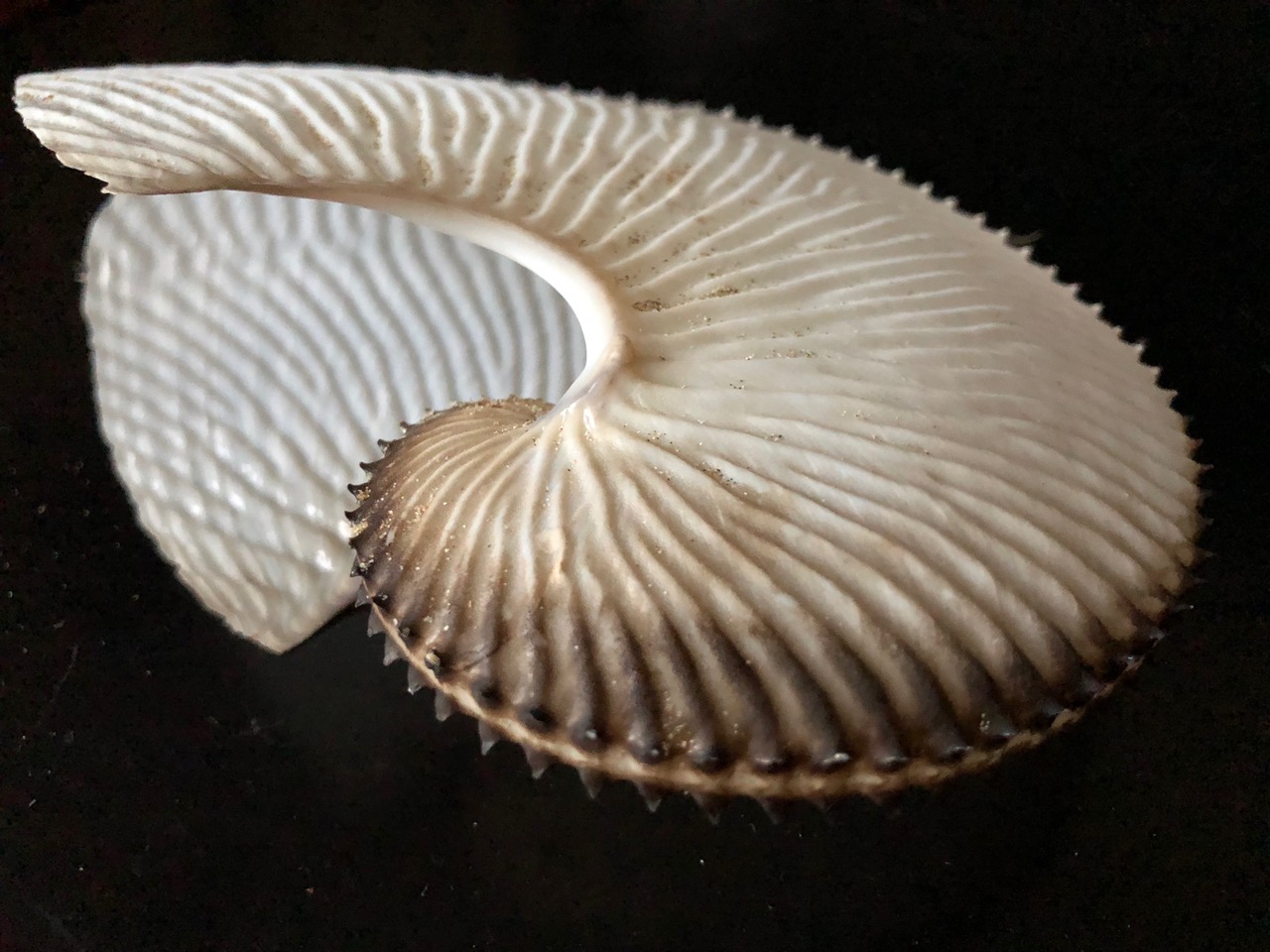 Bev Rennie
Bev Rennie
by YoungIn Doe
The round moon
embraces all things in a round way,
Having fallen in love with camels,
their ugly faces, she follows them
to the desert to soothe the heavy
loaded backs with fingers of light.
... (continued)
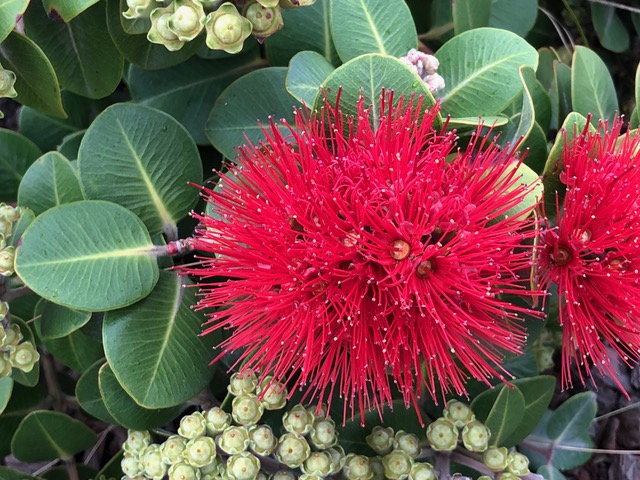 Bev Rennie
Bev Rennie
by Imelda Maguire
She was that kind of child — the one
who picked up stray ideas or string
or pebbles or empty snail-shells, the one
who wandered the fields with a sister,
all summer long, it seems to her now.
She remembers one day...
... (continued)
 Helen Butler
Helen Butler
translated by Shahin Mowzoon
The wise have said that these melodies
Were begot from the movement of the spheres,
It’s the call of the heavens that creation sings,
With all its voices and rhythms and hymns
... (continued)

by Agha Shahid Ali
I have long been intrigued by the poetry of Agha Shahid Ali because of its rootedness, in both its forms and postures, in the Arabic tradition of poetry, and because of its implicit connection thereby with the world of the Quran. In his 2001 collection, Rooms Are Never Finished, which was a finalist for the National Book Award that year, Ali’s craft is at its height.
... (continued)
















